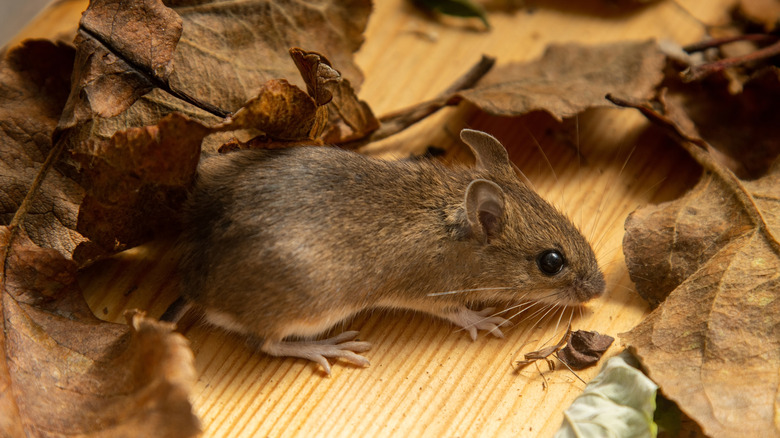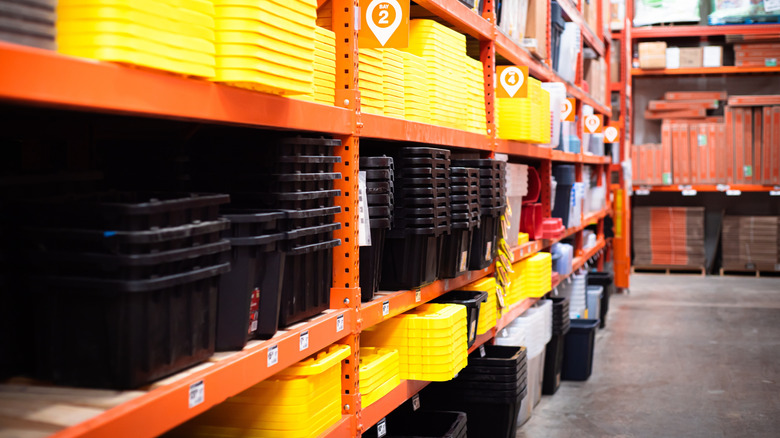Yes, Fertilizer Absolutely Can Attract Mice. Here's What You Can Do About It
Mice might look cute and harmless, but like many uninvited guests, they can cause real problems in your garden, shed, or even inside the home. Indoors, they chew through wires, damage furniture, and raid your pantry. Outside, they dig into compost, tuck into bird seed, and burrow beneath sheds. When the weather cools, they also go looking for cozy nesting spots. And fertilizer — especially organic blends containing grains, proteins, or blood and bone meal — can attract mice to your home and garden. The smell mimics food, while loosely sealed bags or open containers provide both warmth and shelter. To a mouse, that's the perfect combination of a meal and a place to sleep.
What makes this even trickier is that mice are opportunistic eaters. They don't discriminate much. Fertilizer fits the bill because many varieties are made with natural, protein-rich ingredients. Add to that the fact that mice are fast, elusive, and excellent at hiding, and you've got a recipe for a hard-to-manage problem. Beyond the nuisance factor, they can spread disease and even attract other pests. Taking action when they show up will help, but it's equally important to take preventive steps as well, such as purchasing heavy-duty containers and essential oils, as well as clearing away clutter and debris. That way, you'll avoid your fertilizer acting like a flashing "vacancy" sign.
How to prevent mice around fertilizer: simple but effective fixes
If you use fertilizer regularly, stopping the mouse takeover comes down to smart storage and yard habits. First, always transfer fertilizer into sealed, rodent-proof containers. Heavy-duty plastic bins with locking lids or metal containers both work well, since mice can chew through softer plastic or hessian bags. Since mice are more inclined to hang out at ground level, it can help to store these bins higher up if possible. By reducing easy access, you're essentially making it harder for them to get at the spoils. Next, take a close look at the area around your shed or storage space. Mice thrive where there's cover, so piles of wood, leaves, or unused pots can all serve as hiding places. Clearing away clutter and keeping everything neat means there's nowhere for them to hide. If you compost, use closed bins rather than open piles — otherwise, you risk providing an all-you-can-eat buffet just a few steps from your fertilizer.
For extra protection, add deterrents. Strong scents such as peppermint oil, clove oil, or even placing a few dryer sheets can help discourage mice from nesting near your fertilizer stockpiles. Encouraging natural predators like owls can serve as a double bonus. By installing an owl box, you're providing them a safe space to hang out and in return they take care of you rodent issue. The key is consistency: By making your fertilizer harder to access and your storage less inviting, you drastically reduce the chances of turning your garden shed into a mouse motel.

